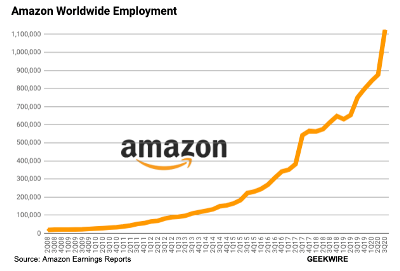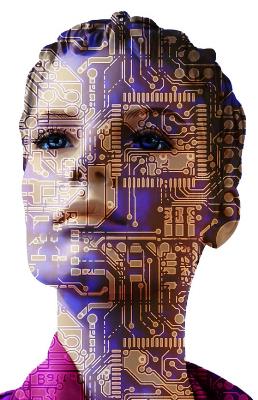This interesting BBC post ‘The dirty secret about success‘ puts back the subject of luck to the forefront. In computer experiments simulating social interactions and including random luck factors, luck was identified as a major parameter of social success.

“Very often, the most successful people are moderately talented but very lucky“. “Italian researchers] used a computer simulation of success defined by financial wealth to show that the most successful people in the world aren’t necessarily the most talented. They are the luckiest.” As a result, the researchers have proposed ways to improve reward based on talent rather than actual luck.
I am a student of luck as I am certain it defines a large number of outcomes (see for example previous posts ‘What Luck is Really About‘ or ‘How We Constantly Underestimate the Role of Luck in Our Lives‘). It certainly plays an important role, and at the same time we can’t just wait to see what luck brings us.
Luck is important and should not be neglected. One of the limits of the approach though is that nowadays, success more often happens in teams rather than individually. How to account for collective luck, at several scales (individual / team / organization / society?). Certainly a topic for further research!











